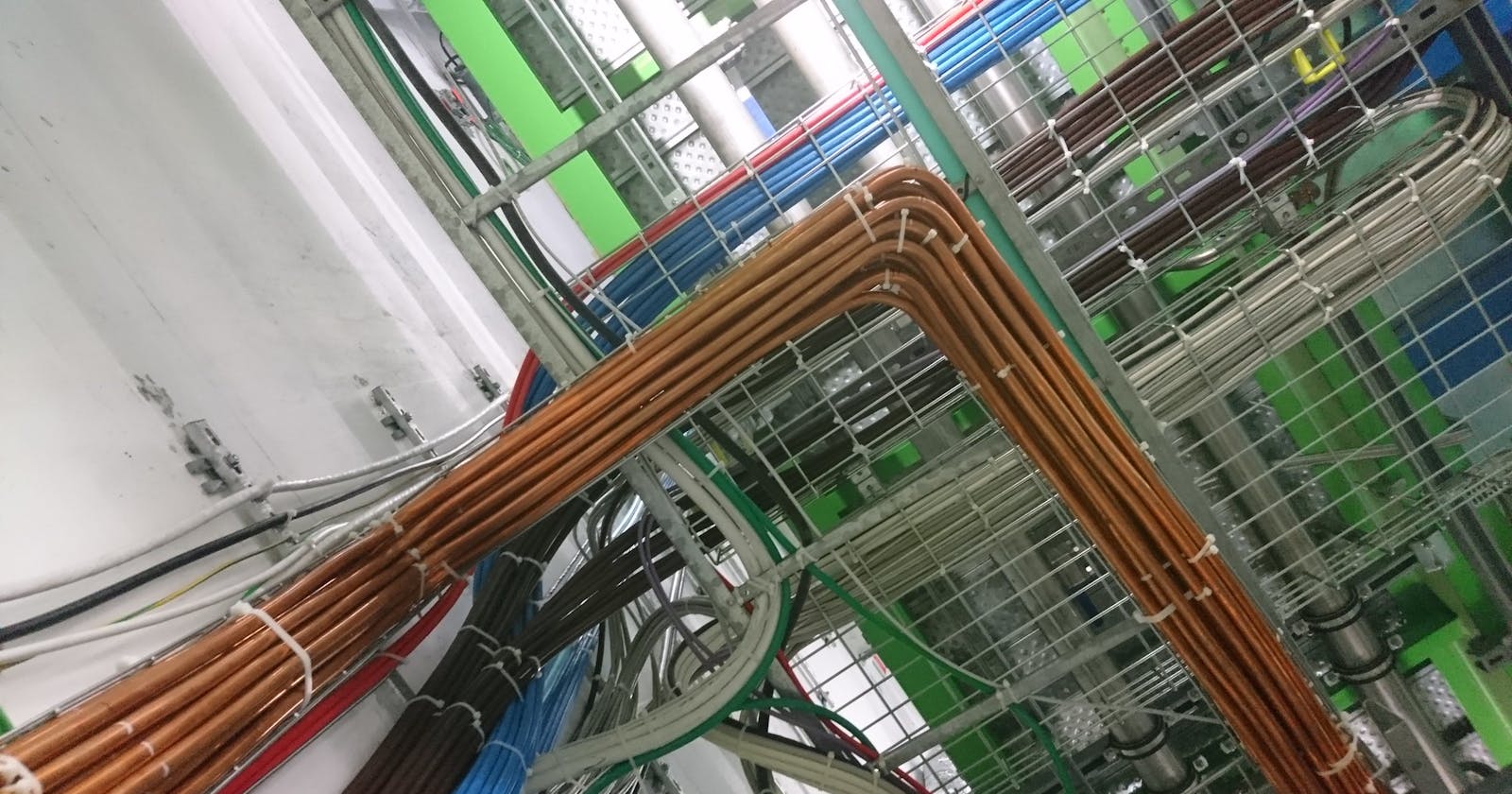Recently I visited CERN with my colleagues from Inmeta. I didn't know much about it, but it turned out that CERN has cycles in operation: it works for some years and then shuts down for 1-2 years for service and maintenance. This opens a window for visitors to come there. Anyone could visit CERN. You should do it! It is truly amazing!
I won't go into details about all the things they do there. It's too much and I do not understand all of it. Rather, I would like to bring one issue: similarity between neuroscience and particle physics.
I worked in the field of neuroscience for 5,5 years at Kavli Institute for Neuroscience. Researches there aim to record neural activity of single brain cells in mice and rats. Well, single cell in the brain of a mouse is a really tiny thing. Not as small as an atom or even proton and other subatomic particles, but quite small for a human scale. Kavli institute does fundamental/basic research. This means that people who work there are occupied by big and fundamental questions. Answers to these questions do not lead to immediate and obvious applications. Well, at least some people think so. I think it is really important to be able to answer these question. For example, how memory really works in the brain? If we knew, I am sure that practical application would follow.
Heads of Kavli institute May-Britt Moser and Edvard Moser got a Nobel prize in 2014 for their research. I worked there when they got it (not when they made the finding that led to the prize) and experienced all the excitement related to it. If you go and check all the people who got a Nobel prize in medicine over the years it will be a long list. But Nobel prize is still a huge thing. As Jeffrey Hangst said at CERN: "every time you brake a symmetry, you get a Nobel prize". You can think of braking symmetry in a broad terms as being able to shake current believes about the world.
Now when you got a bit of a context, here is what struck me. On a high level it seems that the way of work in neuroscience and physics is the same. And just to be clear, I am talking here about a specific field of neuroscience (single-cell recordings) and a specific field of physics (particle physics).
It turned out physicists can not observe particles of interest directly. They collide some and study the by-product and infer from there. Moreover, they do not just collide two particles at a time. They collide a bunch of particles, get traces of collision and then they need to go and reconstruct these traces in order to figure out what leads to what. This is almost exactly what researches do in neuroscience. It is impossible to reliably record from a single neuron. So one records a bunch of neurons and then needs a reconstruction phase to be able to trace the origins of the signal.
Attitude to work, competitions, prizes seems also the same. Watching people celebrating the finding of Higgs boson is like seeing people celebrating the reception of Nobel prize. High quality and high impact science is hard. It is very exciting to see the outcome.

